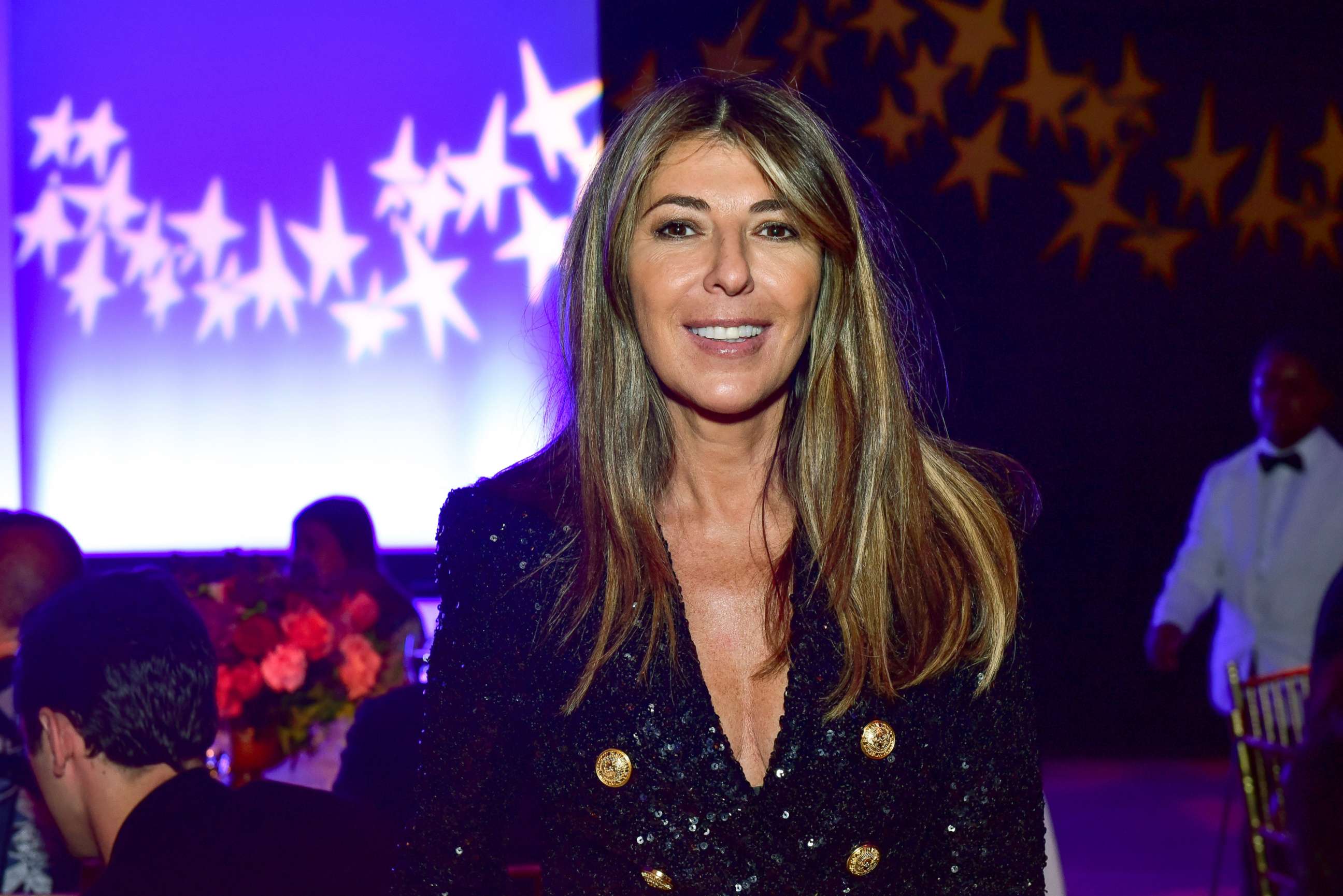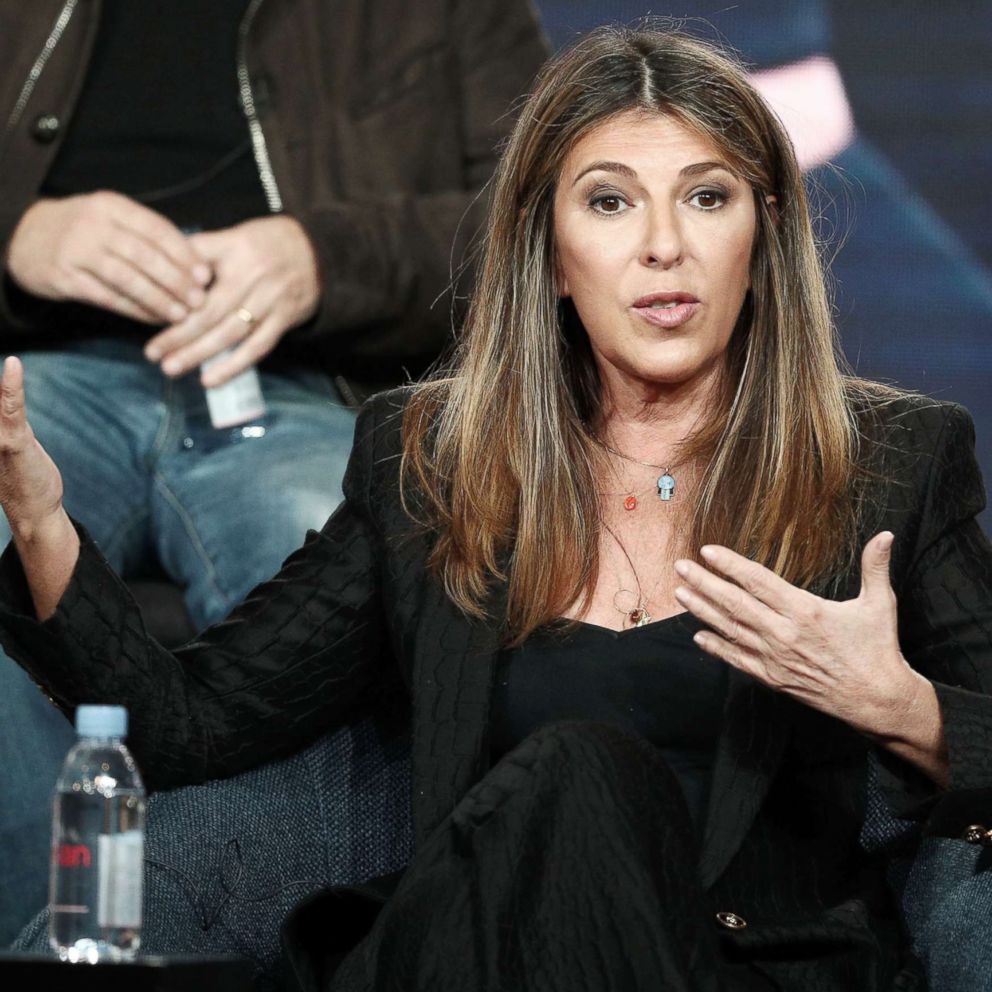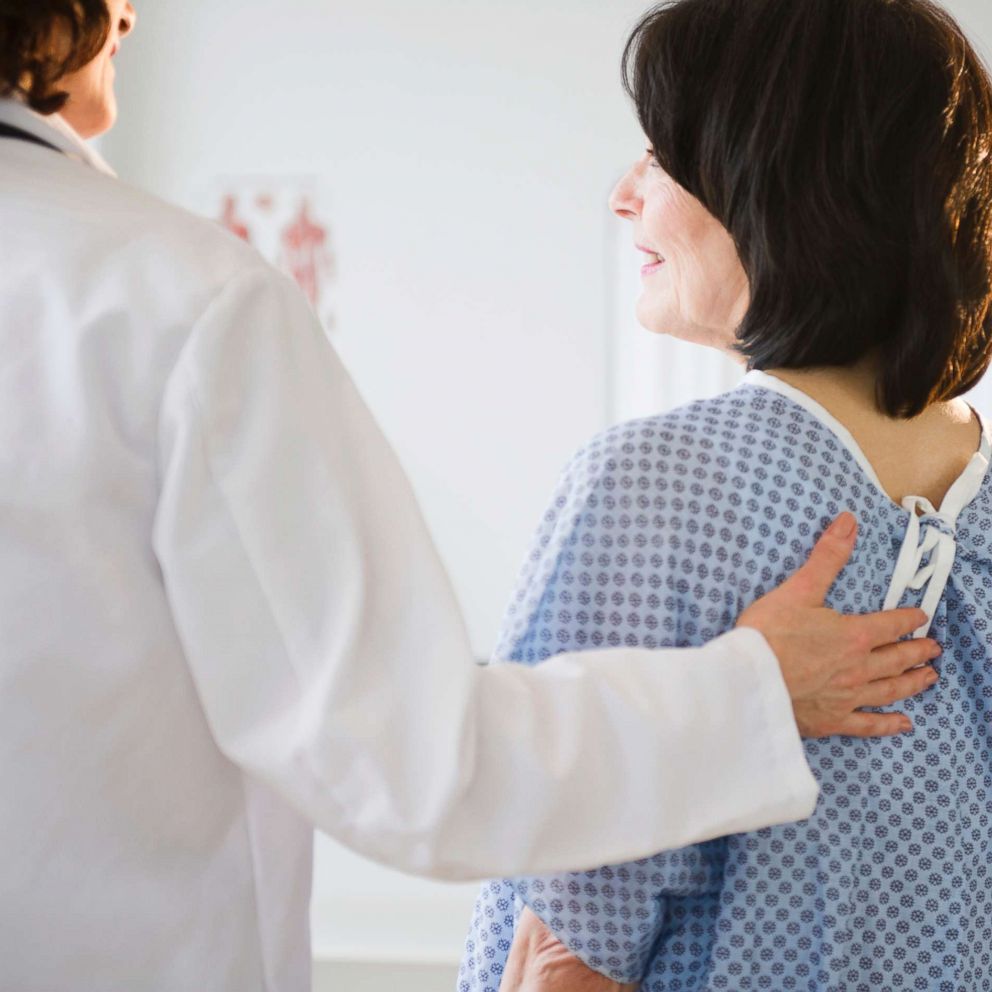'Project Runway' judge Nina Garcia opens up about her preventative double mastectomy
"I learned that I could be very brave," the "Project Runway" judge said.
Fashion maven Nina Garcia, the editor-in-chief of Elle magazine and a judge on "Project Runway" opened up about her decision to undergo a preventative double mastectomy earlier this year, saying she felt in her industry it was "very important to stand up and be like, 'You know what? We are not perfect.'"
Garcia told ABC News' Robin Roberts that she underwent the preventative surgery after taking a test to see if she had BRCA-genetic mutation.
"To my surprise and horror, I got that envelope that said positive," she said.
The two BRCA genes (BRCA1 and BRCA2) normally help protect women from cancer, however, some women may have mutations to their BRCA genes, which can actually lead to cancer, according to the U.S. Centers for Disease Control and Prevention. If untreated, women with a BRCA gene mutation are seven times more likely to get breast cancer before the age of 70, when compared with women without the gene mutations, according to the CDC.
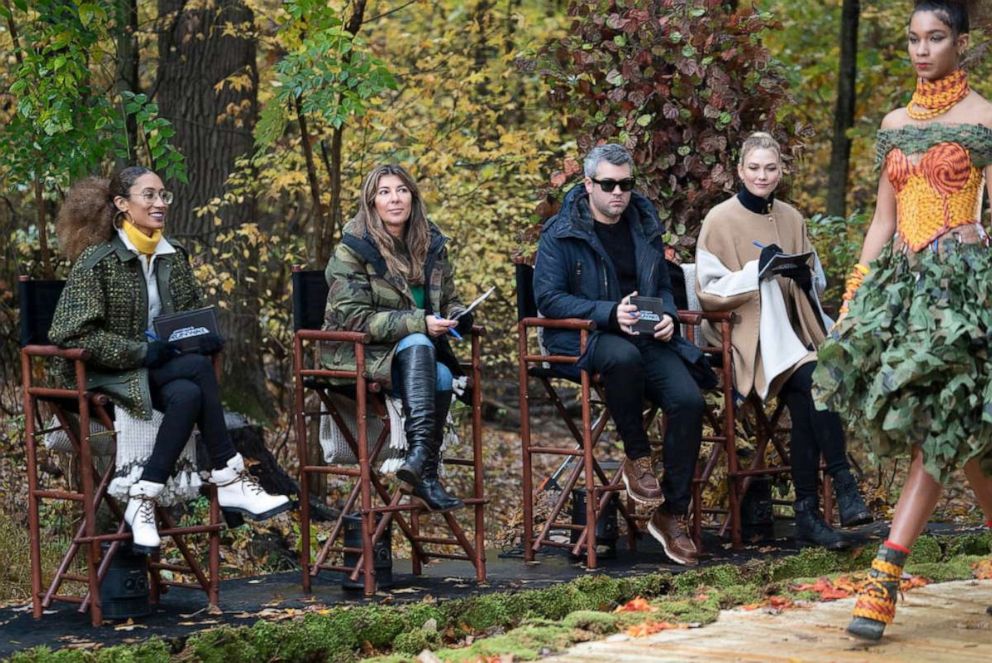
When she first received the positive test results for the mutation, Garcia said, "So many thoughts raced through my mind."
"I was like, 'Oh, my -- why me?" she said. "What does this mean?"
"And then I kind of switched, and I was like, 'How lucky ... that I was able to know this so early on,'" she said.
Although not a cancer diagnosis, the positive BRCA test is a marker for an increased risk of breast cancer and requires constant vigilance.
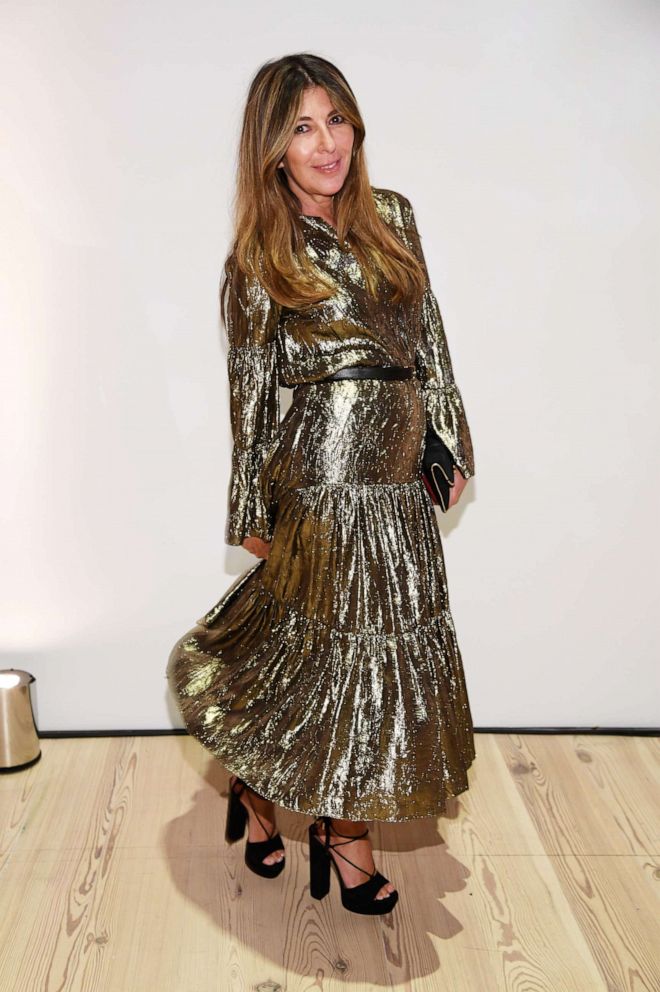
"Every six months I would get tested," Garcia said.
Over the last three years she said there was some "ambiguous information" and "abnormal cells," until soon there was a "radical scar" and a "lumpectomy."
"The news started to get worse. In January, I decided I wanted to opt for a double mastectomy," Garcia said.
"I don't think it's a choice that every woman should make," she added. "But with my history, it was the right decision for me ... it was my personal choice."
After making the difficult decision to have a double mastectomy, Garcia, who lives her life in the public eye, had the added challenge of grappling with revealing something so private.
"I feel like I'm carrying this big secret," she said of her time during February, when Fashion Week was about to begin and she announced she would be missing some major shows as she recovered.
She said she struggled with wondering, "Will I look weaker to my staff? Will I miss such a important moment that is Fashion Week for me, as the editor of Elle, a fashion magazine?"
Garcia said she found solace confiding in her husband, who she says was "very encouraging" through the whole process.
"He was the first one that said, 'You've gotta share this. This is important,'” she said.
Garcia said she is now sharing her own story in hopes of offering comfort and support to other women.
"I am in a business that ... is so about perfection," she said. "And it's changing ... thankfully it's changing."
"I also thought it was very important to stand up and be like, 'You know what? We are not perfect,'" she said, adding that her story is such a "real health issue for women."
Garcia added that going through something like this with the right attitude also makes all the difference, mentally and physically.
"I'm not going to lie. A double mastectomy is a very big surgery," she said. "But the mindset of being grateful, of not being, 'Why did it happen to me,' but, 'I am so thankful that I was able to do something about it.'"
Garcia is now back at work at Elle and back to judging the next generation of fashionista's on the upcoming season of "Project Runway," but said she is carrying with her a new perspective.
"I learned that I could be very brave. I learned that ... I'm strong," she said. "I think the most invaluable lesson is that you got to share your stories."
"The message is the technology and the science is there especially for breast cancer. For that woman at home that hasn't had her mammogram, that hasn't had a sonogram, to get tested, for that woman at home that has a history of breast cancer in their family to get the BRCA gene test," she said. "I think it's so important."
